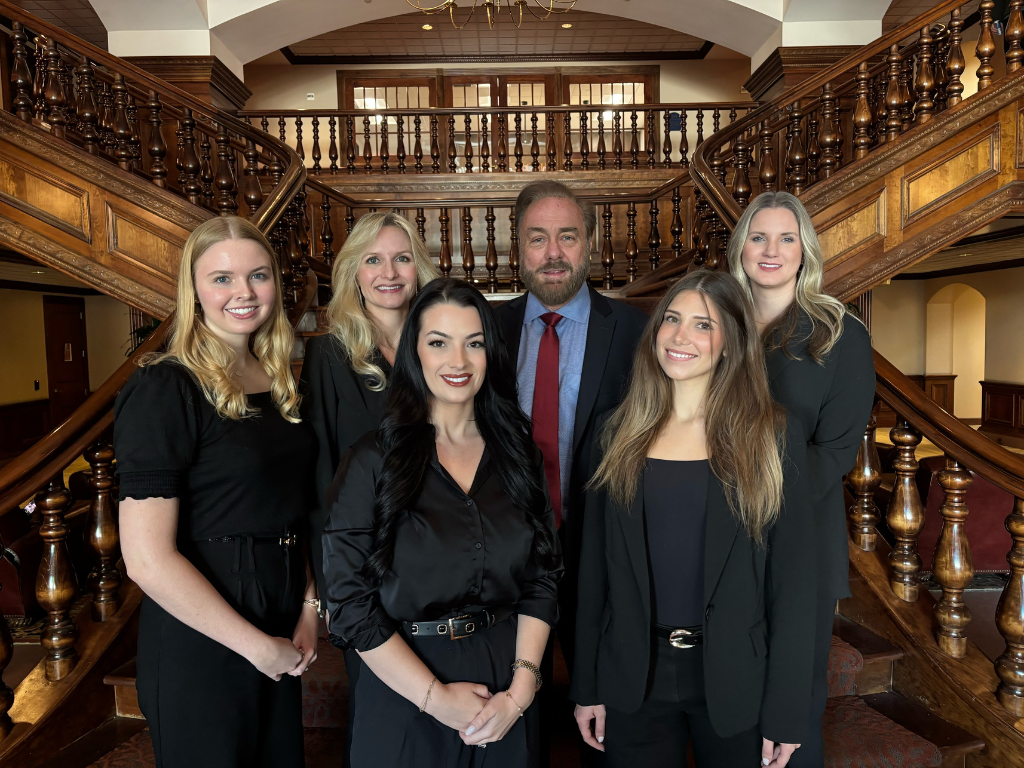 Most American households have several different kinds of debts and unfortunately, many people struggle to make timely payments on all of them. If you are struggling financially, you should not hesitate to contact the Ellett Law Offices, P.C. in Phoenix to discuss whether Chapter 7 bankruptcy can help you. We offer free consultations, so please call us today at 602-235-9510 for assistance.
Most American households have several different kinds of debts and unfortunately, many people struggle to make timely payments on all of them. If you are struggling financially, you should not hesitate to contact the Ellett Law Offices, P.C. in Phoenix to discuss whether Chapter 7 bankruptcy can help you. We offer free consultations, so please call us today at 602-235-9510 for assistance.
Nondischargeable debts
The United States Bankruptcy Courts report that Chapter 7 bankruptcy helped over 700,000 Americans in 2013 alone. While the main goal of Chapter 7 bankruptcy is to discharge debts in order to relieve liability, filing under Chapter 7 is not necessarily the best option for everyone struggling with debts. One reason for this is because not every type of debt qualifies for discharge.
Under 11 U.S. Code § 523 of the U.S. Bankruptcy Code, the following types of debts are not eligible for discharge under Chapter 7:
- Student loans (except in rare cases)
- Child support or alimony arrears
- Debts arising from judgments related to a divorce
- Attorney fees for cases involving child support or custody
- Fines or penalties owed to the government
- Federal tax liens
- Certain types of homeowners association fees for condos or coops
- Criminal fines, penalties, and restitution
- Personal injury judgments due to accidents you caused while driving under the influence
In other situations, a creditor may come forward and challenge a discharge based on certain grounds. If the court agrees with the challenge, the court may rule the debt nondischargeable. Grounds for such challenges commonly include that you obtained the debt through fraudulent actions or false pretenses, or that the debt arose from willful or malicious actions on your part.
Creditors may also challenge any large cash advances or luxury credit card purchases that you made in the 90 days prior to your bankruptcy filing as they will claim you only made the purchases in anticipation of discharging the debt. An attorney can argue on your behalf in such challenges, offering evidence that you intended to pay the money back in good faith or that the purchases did not constitute “luxury items.” This is only one of many ways an attorney can be extremely beneficial in a bankruptcy case.
